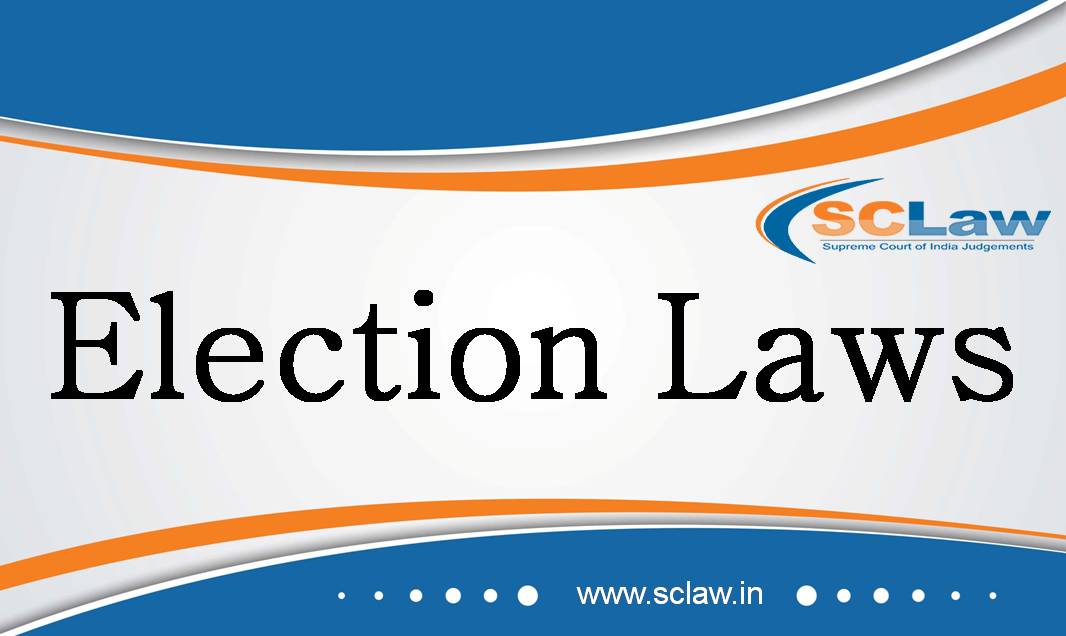Arbitration and Conciliation Act 1996 – Sections 34 and 37 – Curative petition – The Court found that the arbitral tribunal’s decision was not perverse or irrational and that the CMRS certificate did not conclusively prove that defects were cured within the cure period – The Court emphasized the tribunal’s domain to interpret the contract and the limited scope of judicial interference in arbitral awards – The Supreme Court concluded that the curative petition was maintainable and that there was no miscarriage of justice in restoring the arbitral award.
2024:INSC:292 SUPREME COURT OF INDIA FULL BENCH DELHI METRO RAIL CORPORATION LTD. — Appellant Vs. DELHI AIRPORT METRO EXPRESS PVT. LTD. — Respondent ( Before : Dr Dhananjaya Y Chandrachud,…


